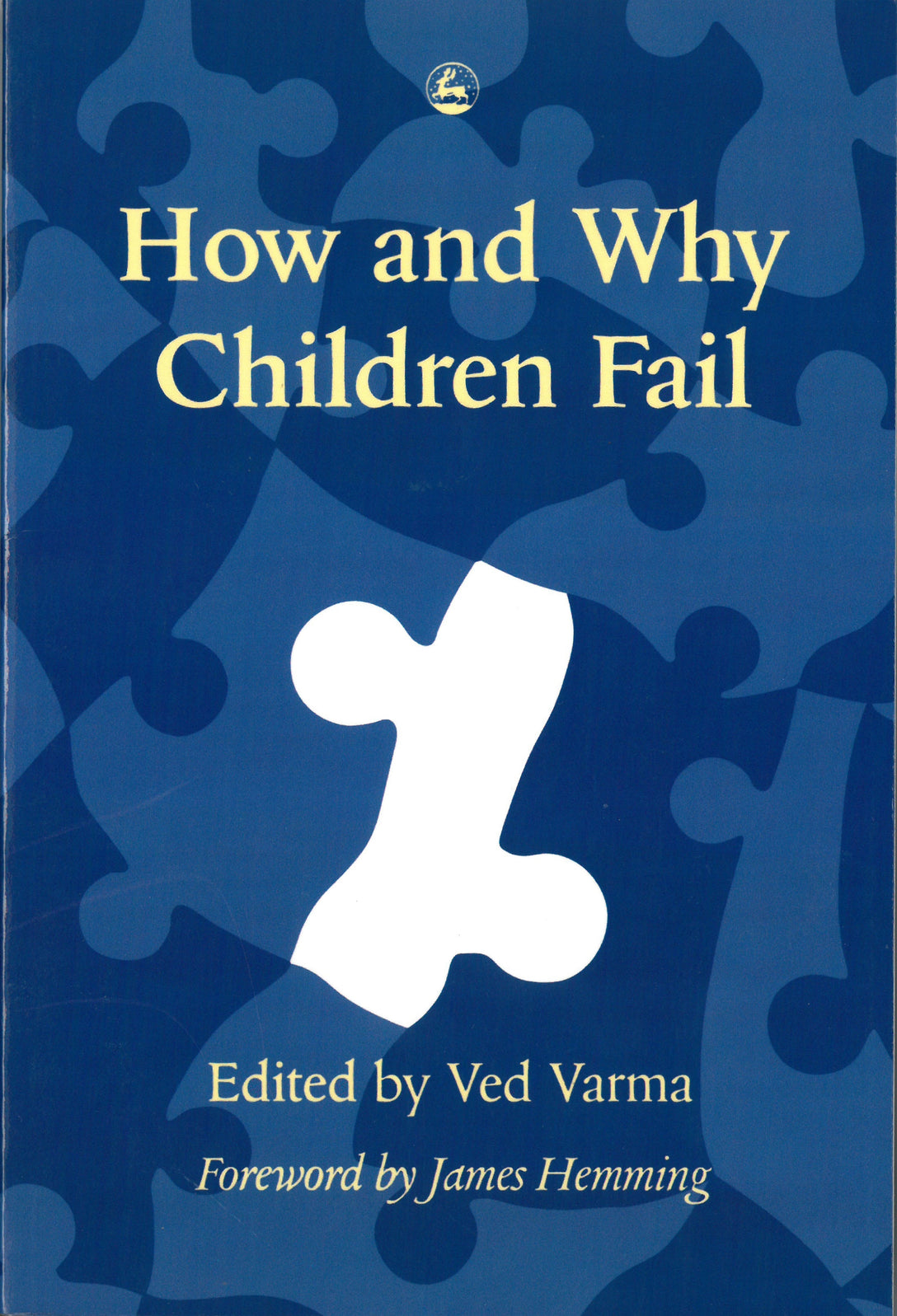
Press Reviews
from the Foreword
`…will bring new insights, as well as the confirmation of good practice, to those engaged in the hugely important task of making sure that no child suffers unnecessary diminution of effectiveness and self-esteem at home or at school.'
Contemporary Psychology
`Ved Varma has compiled a book with a wide breadth of topic discussions that reveals an extensive and consistent trend in childhood failure… Through their discussions, the reader is led to rethink the ways in which success and failure for children are defined and assessed…this book is an excellent source of stimulation for discussion on several domains that affect childhood failure. The discussions and points raised are compelling and interesting; they left me knowledgeable about what can contribute to childhood failure. This text would be suitable for graduate student use within the fields of psychology and education.'
British Journal of Psychiatry
`The scope is wide-ranging and includes, from the child psychiatrists, an object-relations approach to creativity, a broad-based chapter on anxiety, an interesting integration of object relations and systemic family approaches to underfunctioning in children, and chapters on the effects of physical illness, child abuse and the chaotic family. From the psychologists there is a useful discussion of the concept of intelligence, an excellent on dyslexia which suggests a simple way in which teacher might prevent this important diagnosis being missed.'
Journal of Educational Planning and Administration
`…a well documented, research based analysis of etiological factors that hinder optimal realisation of human potential in general and in the childhood in particular. The empirical cases cited by the authors, to substantiate their theses, have made the publication a practical reference book for parents of growing children, adults interested in child welfare, teachers, teacher educators, curriculum framers, and all those who are charged with the responsibility of nurturing human personality during the developmental period.'
The Canadian Child Psychiatric Bulletin
`The problems experienced within the school environment by children with a variety of challenges, (social, emotional, cultural and specifically eduacational) are well explored, as are compounding factors inherent in the education system of Great Britain.'
